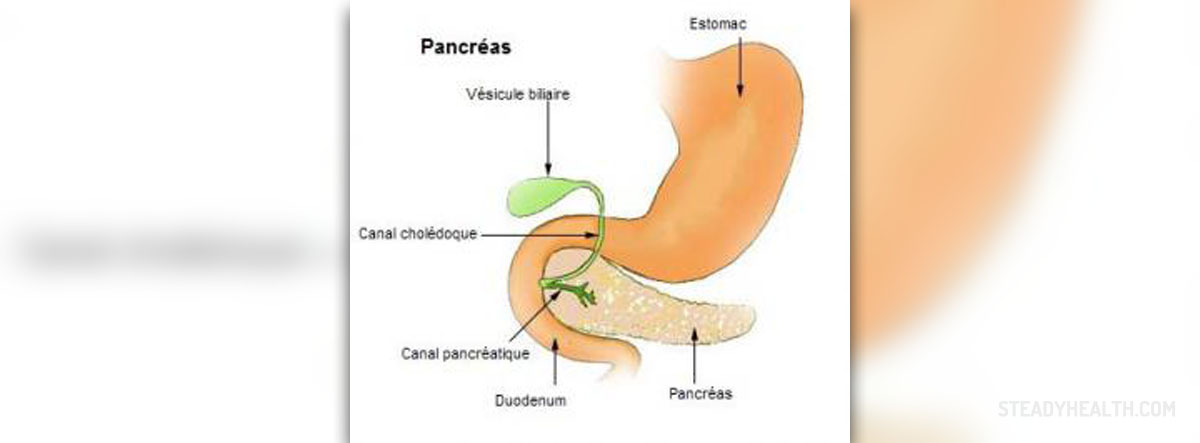
Acute pancreatitis is a sudden inflammation of the pancreas. The condition is also known under the name acute pancreatic necrosis. Pancreas is a gland in the digestive and endocrine system of vertebrates. In humans, this gland produces a number of important hormones such as insulin, glucagon, and Somatostatin. The pancreatic juice, produced by this glandular organ, contains important digestive enzymes that are passed into the small intestine, helping the body to dissolve the food and break it down into simple nutritional components such as carbohydrates, proteins and fats. The problems with the pancreatitis start when the enzymes become active inside the pancreas, instead in the small intestines. When this happens, the pancreatic juices literally eat the tissue of the pancreas causing the swelling, inflammation, bleeding and damage to the organ.
Causes of acute pancreatitis
The acute pancreatitis usually starts because of the alcohol abuse or because of the presence of the gallstones. These two causes account for 80 to 90 percent of all cases of acute pancreatitis. Patients who take too much alcohol during the course of five to seven years are most likely to develop the acute inflammation of the pancreas. However, this acute condition can develop into the chronic one, if the patient does not seek medical attention on time.
Gallstones may also affect the function of the pancreas by blocking the pancreatic duct and trapping the pancreatic enzymes inside of the glandular organ. This condition is more frequent in women, especially those older than 50 years of age.
Other causes of acute pancreatitis involve side effects of certain medications, exposure to various toxins and chemicals, injury or some kind of abdominal trauma, hereditary diseases, side effects of certain medical procedures and surgeries, physical abnormalities in the organs, and excessive amounts of blood cholesterol. In about 15% of acute pancreatitis, there is no known reason behind the inflammation.
Symptoms of acute pancreatitis
Recognizing the symptoms of acute pancreatitis is of extreme importance, since this might be the only way to avoid further complications and develop a chronic disease. The most prominent symptom of the inflamed pancreas is pain in the upper middle or upper left part of the abdomen. The pain usually appears suddenly, and it is very intense. In some cases, the pain develops gradually, becoming more and more severe. Most of the patients complain their pain is getting worse after eating or when laying flat on the back. Patients will usually feel nausea, swelling of the abdomen, rapid heartbeats and suffer from fever. In more severe conditions person may feel dehydrated, very weak, with constant headaches and low blood pressure. This may indicate a very serious condition known as a circulatory shock, and demand immediate medical attention.



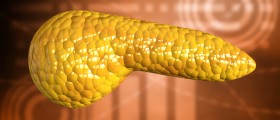







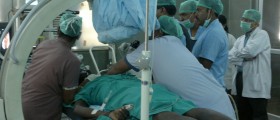
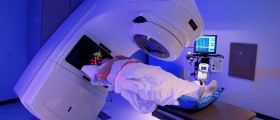
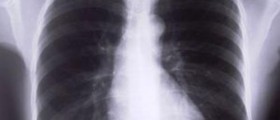

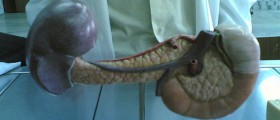

Your thoughts on this
Loading...